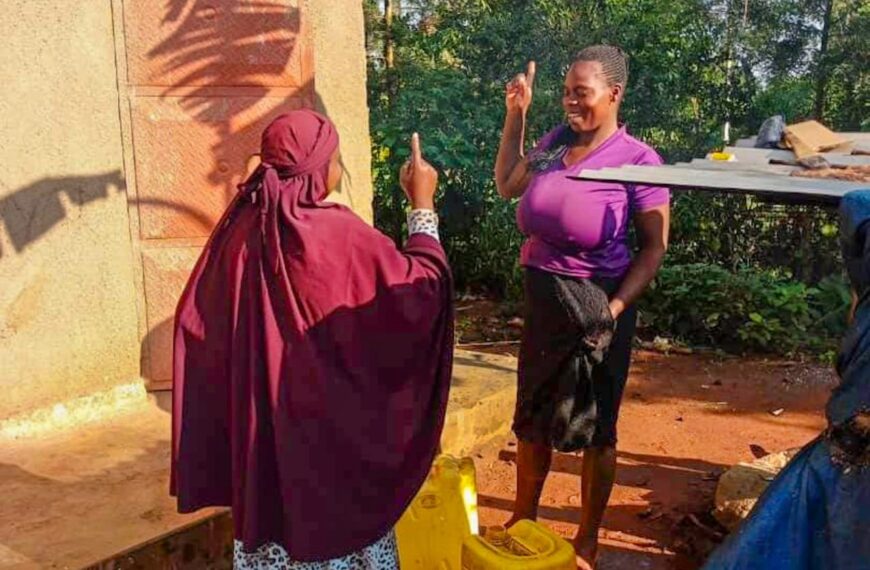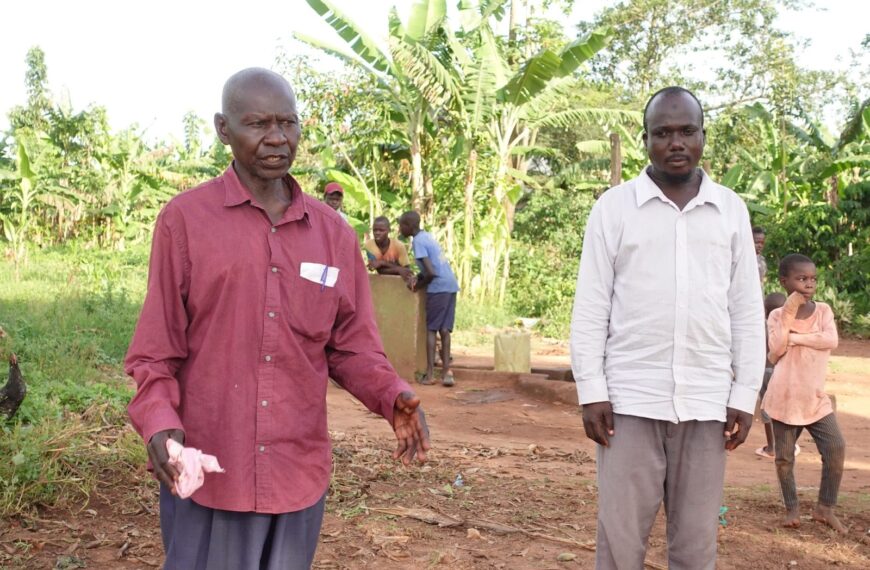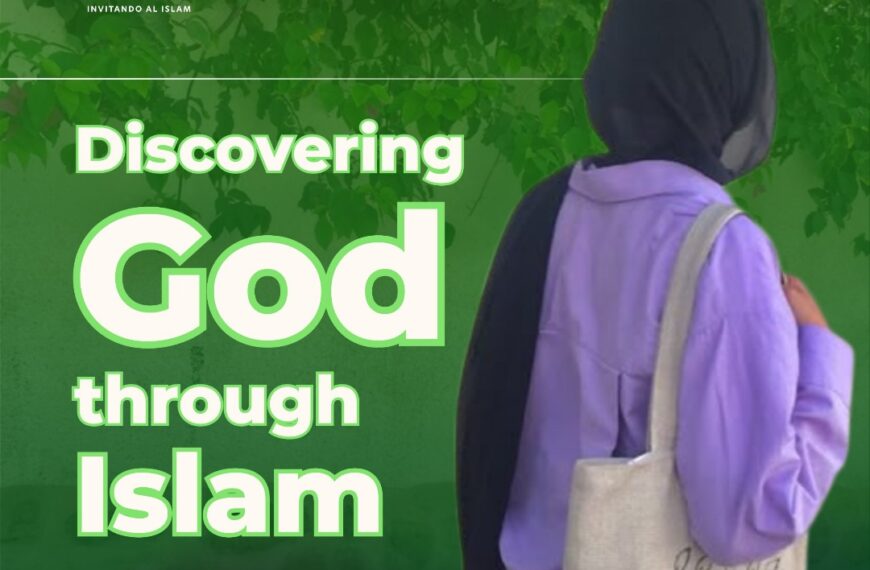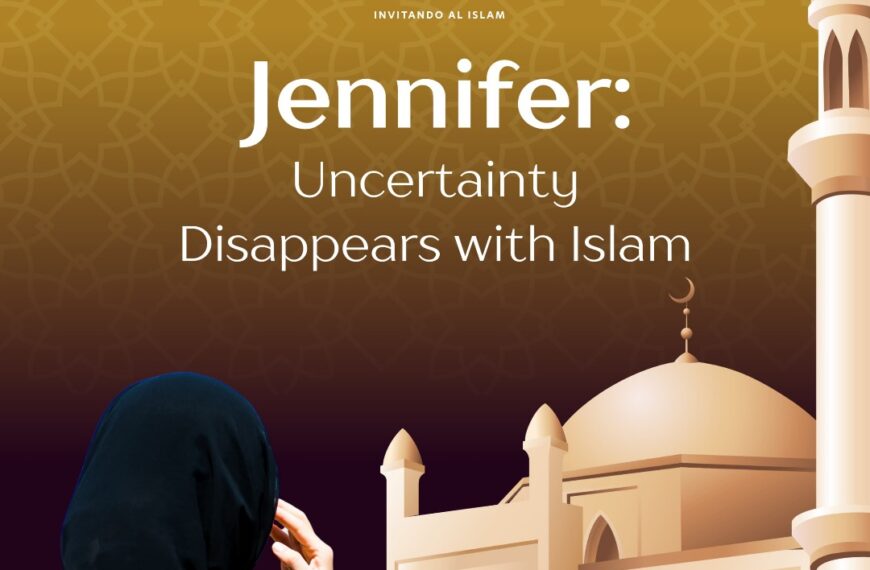In a remote village in Uganda, where the red earth meets open skies and faith is as ingrained in the people as the soil beneath their feet, transformation often begins with a conversation.
For the iERA Uganda dawah team, such conversations are daily acts of devotion—each knock on a door, each shared verse, a chance to change a life. But on one ordinary day, they witnessed a change that was anything but ordinary.
Their visit began like many others: a follow-up to verify a recent Shahadah and offer support to new Muslims. As they walked through the village, the midday sun casting long shadows across the fields, they approached a modest home where a woman sat resting after returning from church.
Her name was Nakato Mini, a respected born-again pastor, well-versed in the Bible and firmly rooted in Christian doctrine. Her faith, until that moment, had seemed unshakable.
Curious but cautious, Nakato welcomed the team into her home. They began with warmth and sincerity, introducing themselves and the purpose of their visit.
When they gently opened the topic of faith, asking, “Do you believe in the one true God, as Islam teaches?”, her curiosity was piqued. “Where do you read such words?” she asked, her tone a mixture of skepticism and intrigue.
The team referred to the Qur’an, presenting verses about the oneness of God. Nakato, confident in her own scripture, reached for her Bible, ready to counter. But what began as a theological exchange quickly evolved into something deeper. Using the GORAP method—God’s existence, Oneness, Revelation, and Prophethood—the Du’āt methodically presented Islam’s core message.
They referenced figures she knew well: Abraham, Moses, Jesus—peace be upon them all—showing how their worship aligned with the message of pure monotheism, not unlike what Islam teaches.
As she flipped through the pages of her well-worn Bible, Nakato began to encounter verses she had read a hundred times—but now, under a new light. Verses about God’s oneness. About prophets as servants and messengers. About submission to divine will. The words that once anchored her Christian faith now quietly guided her toward something she hadn’t expected to find: alignment with the very message of the Qur’an.
A quiet realization dawned.
“This… I have never been shown,” she murmured. A sense of disillusionment surfaced—how could she have preached for years, and yet missed the clarity that now unfolded before her? Her heart, once armored in certainty, now opened with humility. She didn’t feel defeated. She felt awakened.
Looking up from the scriptures, her voice steady and clear, she asked, “How does one become Muslim? What must I do?”
The dawah team, moved but composed, guided her through the process. There, in the quiet of her own home, the woman who had once preached the Gospel stood and declared her Shahadah.
She affirmed the oneness of Allah and accepted Prophet Muhammad (peace be upon him) as the final messenger. With that, Nakato Mini became Hadijja, embracing a new faith and a new name that marked her rebirth.
But her transformation wasn’t just a personal milestone—it rippled through the village. The story of a respected Christian pastor embracing Islam challenged stereotypes, invited dialogue, and inspired both Muslims and non-Muslims alike to look closer at their own beliefs.
Hadijja’s story is not just about conversion. It is about courage, the kind that allows someone to re-examine everything they once held dear and follow truth wherever it leads. It is about listening—not just to others, but to the stirring of one’s own soul.
And it is about the impact of respectful dialogue, which, when paired with sincere intentions, can unlock hearts that have long been closed.
The path of Hadijja continues, now lit by the clarity she once sought elsewhere.
And for the iERA Uganda team, her journey is a reminder that truth needs no embellishment—it only needs to be offered with patience, wisdom, and love.





